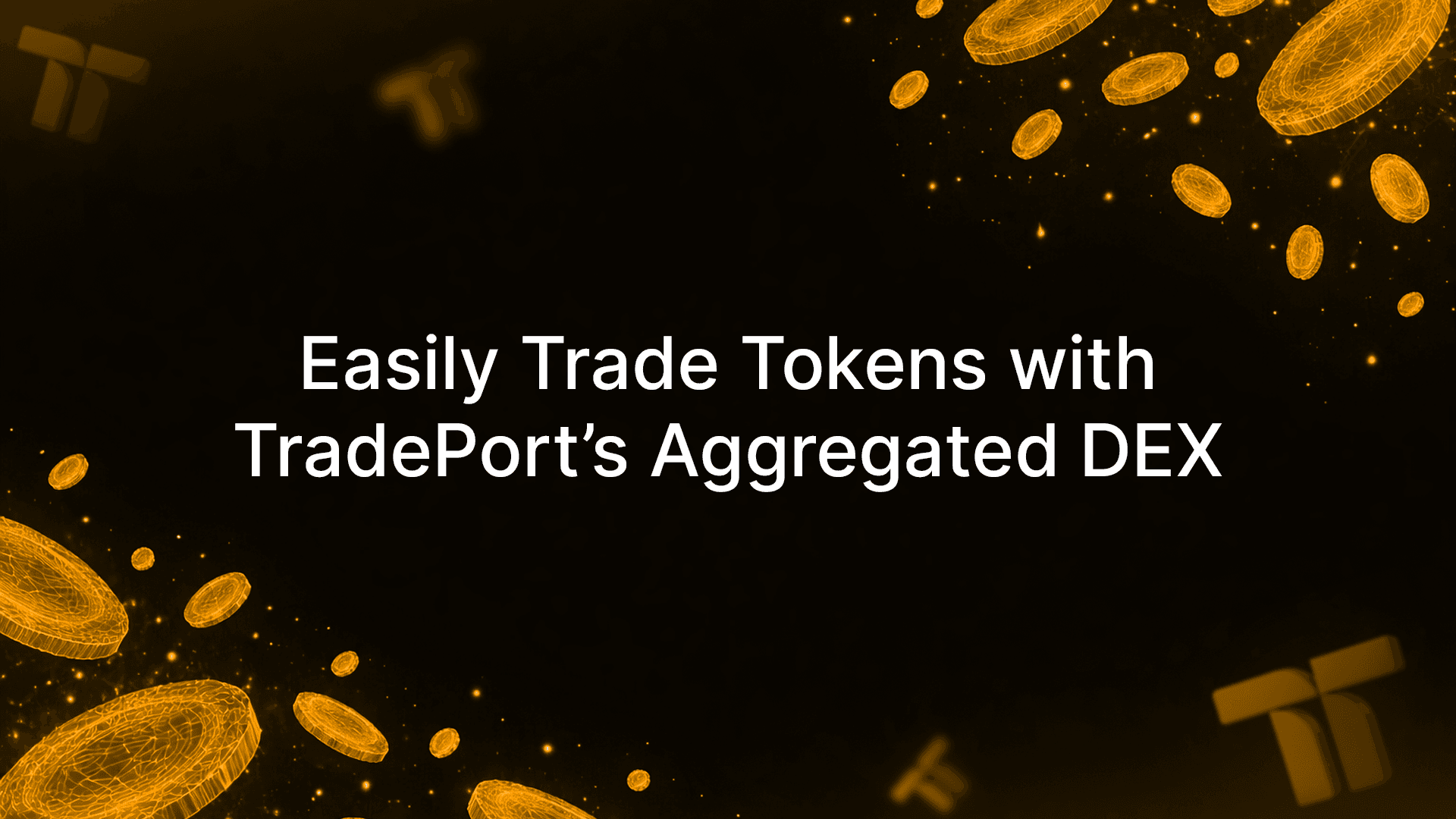
Smart contracts in NFT transactions bring both opportunities and challenges. These contracts, often coded in languages like Solidity on the Ethereum blockchain, require advanced coding skills and a deep knowledge of blockchain technology. This complexity can make it difficult for developers to create reliable smart contracts.
Key Challenges in Smart Contracts in NFT Transactions:
- Coding Complexity:
Smart contracts in NFT transactions must be carefully written to handle all possible scenarios. For example, in 2016, a flaw in the smart contract code for "The DAO" (Decentralized Autonomous Organization) led to the theft of 3.6 million Ether, worth about $50 million at the time. - Bugs and Exploits:
Even with rigorous testing, bugs can still occur, and in the context of smart contracts in NFT transactions, they can be costly. The 2017 Parity Wallet hack is another example, where a vulnerability in the smart contract code led to the freezing of $150 million worth of Ether, locking it away permanently from users. This incident shows how crucial it is to identify and resolve bugs before deployment. - Security Risks:
While blockchain technology offers security, poorly coded smart contracts in NFT transactions can become vulnerable to attacks. For instance, in 2020, the DeFi protocol bZx was exploited twice within a week due to flaws in its smart contract logic, resulting in a loss of nearly $1 million. These cases demonstrate the ongoing risks associated with smart contract deployment and the need for constant vigilance.
To address these risks:
- Conduct security audits: Testing and reviewing smart contracts thoroughly can reduce vulnerabilities and potential errors.
- Stay informed on blockchain security: Developers should continually update their knowledge on new developments in blockchain security to enhance the reliability of smart contracts in NFT transactions.

Legal and Regulatory Issues
The legal environment surrounding smart contracts in NFT transactions is still taking shape, presenting challenges. The decentralized nature of blockchain complicates the application of traditional legal frameworks, creating uncertainty and potential disputes.
Key Legal Challenges in Smart Contracts in NFT Transactions:
- Jurisdictional Uncertainty:
Blockchain operates globally, making it hard to determine which country’s laws apply to a smart contract in NFT transactions. For example, in 2018, the U.S. Securities and Exchange Commission (SEC) took action against the decentralized exchange EtherDelta for operating without registering as a national securities exchange. This case highlighted the challenges of enforcing local laws on global, decentralized platforms. - Regulatory Compliance:
Many regions have not yet established clear regulations for smart contracts in NFT transactions. This lack of clarity can make it difficult to comply with existing laws. For example, Anti-Money Laundering (AML) regulations may apply to NFT transactions involving large sums, but the decentralized nature of these platforms complicates compliance.
In 2021, the Financial Action Task Force (FATF) issued guidelines that could impact NFT platforms, suggesting that certain NFTs might be subject to AML regulations if used as investment vehicles. - Enforceability:
The legal enforceability of smart contracts in NFT transactions remains uncertain in many places. In 2019, the UK Jurisdiction Taskforce issued a statement affirming that smart contracts are legally binding under English law, but such recognition is not universal. The varying legal status of smart contracts across different countries can lead to complications if disputes arise.
To navigate these legal challenges:
- Seek legal advice: Those involved in NFT transactions should consult legal experts to understand their rights and obligations.
- Stay updated on regulations: Keeping up-to-date with the latest legal developments in blockchain technology can help manage risks associated with smart contracts in NFT transactions.

Scalability and Environmental Concerns
Scalability and environmental impact are pressing issues for blockchain technology, particularly as the popularity of NFTs continues to grow. These challenges are becoming more apparent as the volume of smart contracts in NFT transactions increases.
Scalability Challenges in Smart Contracts in NFT Transactions:
- Network Congestion:
Platforms like Ethereum can experience congestion during periods of high transaction volumes, leading to slower processing times and higher gas fees.
For example, in May 2021, during the height of the NFT boom, the average gas fee on the Ethereum network reached $70 per transaction, making it prohibitively expensive for many users. This congestion can slow the adoption of smart contracts in NFT transactions, particularly among smaller investors. - Limited Throughput:
Ethereum’s current capacity is about 30 transactions per second (TPS), which is far lower than traditional payment systems like Visa, which can handle over 24,000 TPS. This limitation restricts the ability of smart contracts in NFT transactions to scale and meet the needs of a growing user base, particularly in busy environments such as NFT marketplaces.
Environmental Impact of Smart Contracts in NFT Transactions:
- Energy Consumption:
The environmental impact of blockchain technology, especially proof-of-work (PoW) systems like Ethereum, is a major concern. Ethereum's network consumes around 73.2 terawatt-hours (TWh) of electricity annually, comparable to the energy consumption of entire countries like Austria.
The carbon footprint associated with this energy use has led to increased scrutiny of the environmental sustainability of smart contracts in NFT transactions. - Efforts Toward Sustainability:
In response to these concerns, Ethereum is transitioning to Ethereum 2.0, which will use a proof-of-stake (PoS) consensus mechanism. This shift is expected to reduce the network's energy consumption by about 99.95%, greatly lowering its environmental impact.
As blockchain technology evolves:
- Adopt more sustainable blockchain platforms: Platforms that use proof-of-stake or other energy-efficient mechanisms can help reduce the environmental impact of smart contracts in NFT transactions.
- Continue exploring scalability solutions: Implementing new technologies that increase throughput can improve the efficiency of smart contracts in NFT transactions.
If this article caught your interest and you’re eager to learn more about NFTs, blockchain, and related topics, be sure to visit TradePort.xyz. Boost your projects with our tools like the TradePort API, and explore our blogs and insights—all available for free!
Don't forget to follow TradePort on X/Twitter for the latest updates and tips.




